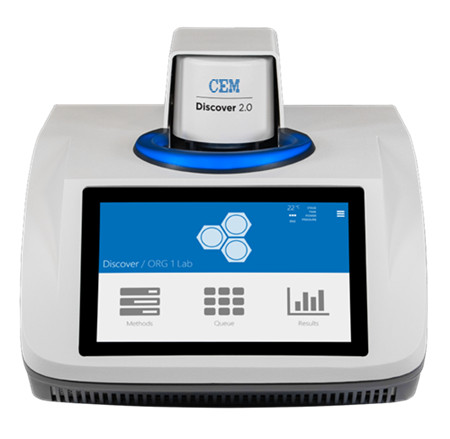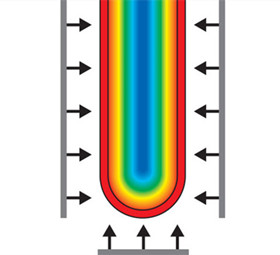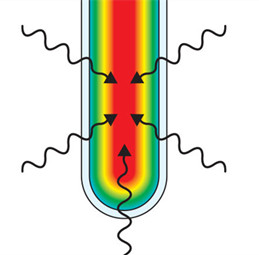Home >Products> Synthesizers | Sequencers | Cell Analysis >DNA / Organic / Polypeptide Synthesizers> Discover 2.0 Microwave Synthesizer
Synthesizers | Sequencers | Cell Analysis:
DNA / Organic / Polypeptide Synthesizers
Genomics / Sequencers
Cell Analysis
Proteomics
- Discover 2.0 Microwave Synthesizer

| Request Information |
| Other Products |
| Related Products |
| Recently viewed products |





